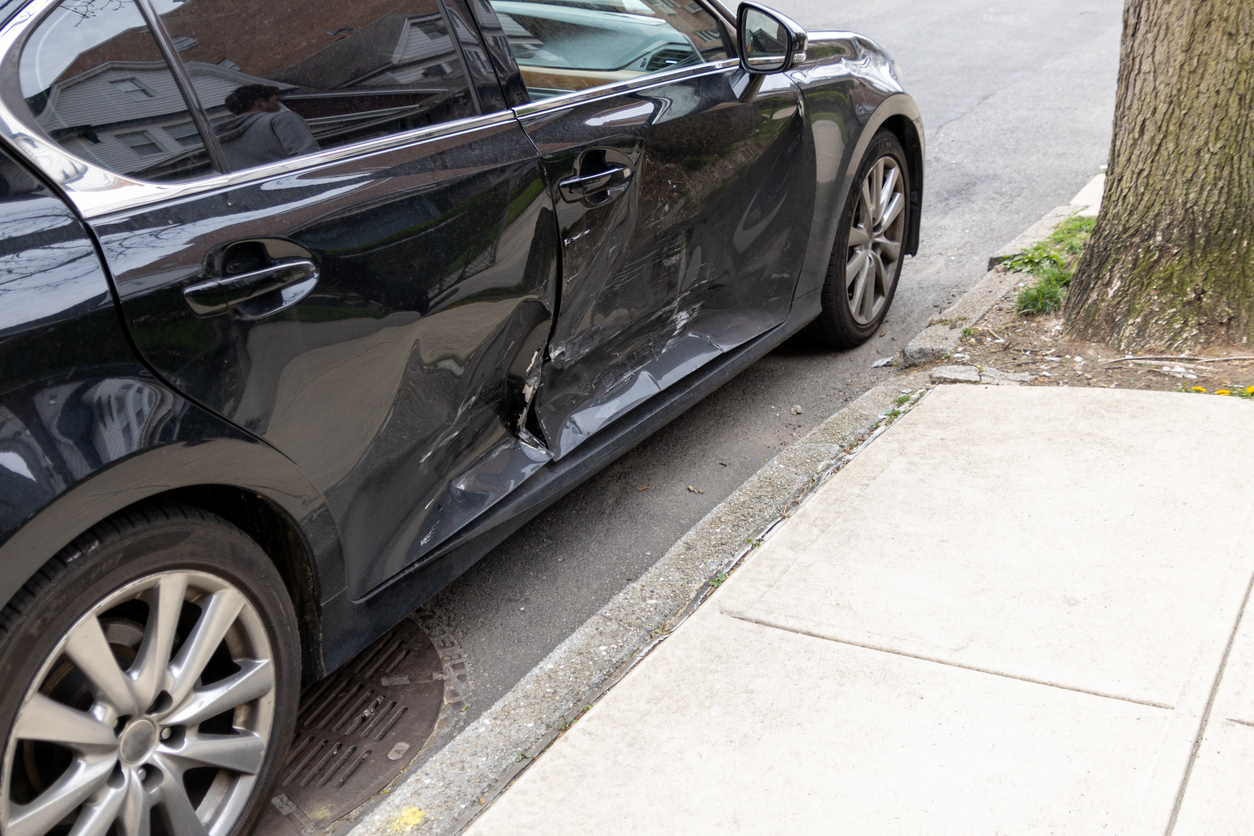In Spokane, proactive management of company vehicle accidents is a strategic necessity for CEOs, directly impacting employee safety, brand reputation, and financial health. The unseen costs of collisions, ranging from escalating insurance rates and vehicle downtime to potential legal battles, can far outweigh immediate damages.
Reinforcing this vital concern, Spokane city streets recorded seven fatalities by May 2025, a troubling pace that could exceed the 20 deaths reported in 2024, as reported by the Inlander. Recognizing this, the following article details seven critical steps leaders can implement to systematically reduce vehicle accident risks and strengthen their company's liability defenses.
1. Implement Comprehensive Driver Training Programs
Establish mandatory defensive driving courses for all employees operating company vehicles. Training should cover hazard recognition specific to Spokane's conditions, such as icy winter roads, pedestrian-heavy downtown areas, and high-traffic corridors like Division Street. Incorporating simulations of common local accident scenarios can improve driver response times and preparedness. Consider requiring recertification every six months, with performance metrics tracked through fleet management software to ensure ongoing compliance and skill retention.
2. Enforce Strict Vehicle Maintenance Protocols
A proactive approach to maintenance is crucial. Create a digital maintenance calendar that includes automated alerts for essential services such as tire rotations, brake inspections, and fluid changes, adhering to manufacturer guidelines. Partnering with reputable Spokane-based service centers can ensure timely and efficient repairs, including after-hours emergency services. Implement a system requiring pre-trip inspection checklists submitted via a mobile application before any company vehicle is used. This can be enhanced with GPS verification of service locations to ensure accountability.
3. Develop Clear Safety Policies with Legal Counsel
Work closely with legal professionals to create and document comprehensive safety protocols that address Spokane's unique risks and Washington State regulations. A personal injury lawyer in Washington emphasized, "Clear safety policies are not just about compliance; they demonstrate proactive risk management that significantly reduces liability exposure. Well-documented protocols show due diligence in accident investigations, potentially preventing costly lawsuits. Tailor policies to address Spokane's high pedestrian collision zones and challenging winter road conditions specifically." Recent news highlighted that several of Spokane's traffic fatalities involved pedestrians, underscoring the need for special policy considerations around pedestrian safety.
4. Deploy Telematics and Fleet Management Technology
Invest in modern fleet management solutions. Install GPS trackers with real-time alerts for unsafe driving behaviors like speeding, hard braking, or unauthorized route deviations. Use geofencing capabilities to restrict company vehicles from known high-risk areas during peak traffic, such as Spokane's busy Division Street corridor. Integrating dashcams with AI-powered collision detection can automatically save crucial footage during incidents. Regularly analyze the aggregated data—perhaps every quarter—to identify recurring risk patterns and areas for driver improvement. Industry studies suggest that modern telematics systems can reduce accident rates by up to 20%.
5. Cultivate a Safety-First Organizational Culture
Fostering a strong safety culture is paramount. Implement anonymous reporting systems where employees can voice safety concerns without fear of reprisal. Consider rewarding accident-free periods with team recognition or incentives. Leadership must visibly champion safety, with CEOs and senior management actively participating in training and promoting safe driving practices.
Host regular safety workshops, perhaps monthly, that address recent local crash trends in Spokane, using data and maps to highlight problem intersections or hazardous conditions. Incorporating safety key performance indicators (KPIs) into managerial performance reviews can reinforce the importance of safety throughout the organization. According to OSHA, companies with robust safety cultures often experience fewer accidents.
6. Analyze and Adapt to Local Spokane Traffic Patterns and Hazards
Manage routes actively to minimize exposure to known risks. Data from sources like the Washington Traffic Safety Commission can be used to map company routes, avoiding Spokane's high-collision zones where possible. Adjust delivery or travel schedules to bypass downtown areas during major events or peak congestion. Implement systems to monitor weather alerts and provide real-time rerouting instructions during adverse conditions, such as snowstorms or icy roads common in Spokane winters. Maintain and regularly update internal hazard maps that mark construction zones, school crossings, and high-accident intersections.
7. Establish Robust Post-Accident Response Protocols
A well-defined post-accident protocol is essential for managing incidents effectively and reducing liability. Create a step-by-step guide for employees that outlines procedures for seeking immediate medical care, preserving evidence at the scene (if safe), and initiating legal consultation. Consider partnering with Spokane-based legal firms specializing in vehicle accidents, such as Montagna Klein Camden, to ensure access to 24/7 incident response advice.
Conduct quarterly mock accident drills, incorporating role-playing scenarios to familiarize employees with the procedures. Equip all company vehicles with digital or physical accident kits containing emergency contact information, insurance details, and collision reporting forms compliant with Washington State requirements. Ensuring proper and timely documentation, including reporting to the Washington State Patrol when required, can significantly reduce liability exposure and streamline the claims process.
Legal Support When It Matters Most
Even with solid safety measures in place, accidents can still happen. When they do, having experienced legal support is critical. It can help you deal with the complex landscape of insurance claims, liability issues, and compensation recovery. A seasoned car accident attorney can protect your rights and handle your case effectively.
Whether you're an individual driver or managing a fleet for a business, partnering with a knowledgeable legal advocate helps streamline the recovery process and reduce long-term risks. These steps improve outcomes after an accident and contribute to a safer, more responsible driving culture.
By prioritizing safety, legal preparedness, and risk management, leaders and individuals can protect their people, reduce disruptions, and strengthen long-term resilience.












